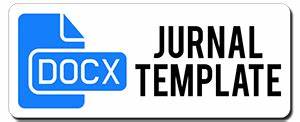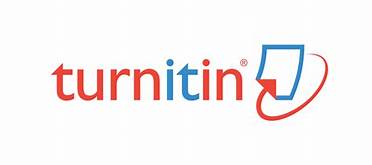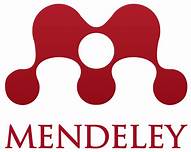Abstract
The rapid advancements in science and technology necessitate educational institutions to continually adapt to the challenges of globalization. In this era of increased global competition across various sectors, education is no exception. Thus, educational institutions must adopt a professional management approach, staying abreast of developments in science, technology, and the arts (IPTEKS), while also catering to consumer demands. To effectively compete, these institutions must focus on aspects like curriculum evolution, integration of information and communication technology, enhancement of educator and staff quality, and the improvement of educational facilities and infrastructure.In the face of heightened competition, leaders of educational institutions need to cultivate competitive advantages through strategies emphasizing efficiency, product quality, and innovation. The primary objective of this research is to assist educational institution leaders in formulating superior marketing strategies to navigate competition with other schools. This becomes particularly crucial in the context of the Covid-19 pandemic, where effective marketing strategies can contribute significantly to sustaining the quality and enrollment numbers of prospective students. The research was conducted in Jayapura, Papua, serving as a case study in Indonesia.The qualitative descriptive method (Sugiyono, 2016) was employed in this research. Researchers aimed to describe, explain, and address questions related to the phenomena and circumstances surrounding the importance of marketing strategies for educational services. The focus of the study was on YPPK Santo Paulus Middle School in Abepura. The research methodology outlined the approach, subjects, objects, location, population, and samples/informants, as well as operational definitions of variables/focus descriptions of main materials and tools. Data collection and analysis techniques were also detailed to address the research problem effectively.
Keywords
Strategi Pemasaran Jasa Pendidikan, Peserta didik
References
Assauri, S. 2011. Manajemen Pemasaran. Jakarta: Rajawali Pers.
Barnes, J. G. 2013. Secrets of Customer Relationship Management. Jakarta: Andi Offset. Bush,
David Wijaya Pemasaran Jasa Pendidikan,Bumi Aksara,Imprint PT Bumi Aksara Group
Jl.Sowo Raya No.18 Jakarta 13220
T. and M. C. 2000. Leadership dan Strategic Management in Education. London:
Paul Chapman Publishing Ltd.
Efferi, A. 2014. Dinamika Persaingan Antar Lembaga Pendidikan. Journal of Empirical Research in Islamic Education, 2(1), 96–116. https://doi.org/http://dx.doi. org/10.21043/quality.v2i1.2095
Hurriyati, R. 2005. Bauran Pemasaran dan Loyalitas Konsumen. Bandung: Alfabeta. Neneng Nurmalasari, & Masitoh, I. 2020. Manajemen Strategi Pemasaran Pendidikan
Berbasis Media Sosial. Jurnal.Unigal.Ac.Id.
Parise, S., Guinan, P. J., & Kafka, R. 2016. Solving the crisis of immediacy: How digital technology can transform the customer experience. Business Horizons. https://doi. org/10.1016/j.bushor.2016.03.004
Sugiyono. 2016. Memahami Penelitian Kualitatif. Bandung: Alfabeta.







